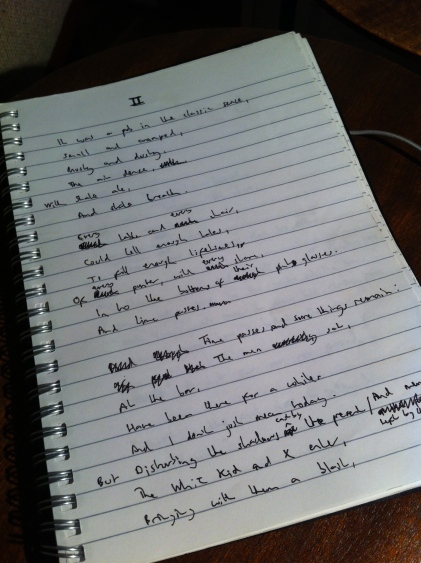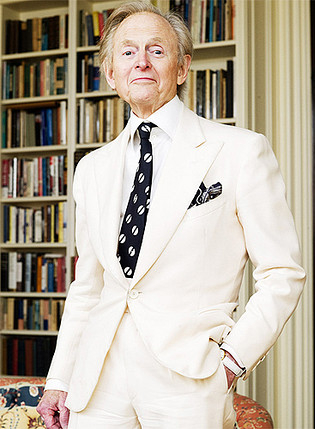This is a kind of companion piece to Responsibility that a I wrote a few months ago. It’s still a work-in-progress but I thought I’d share.
Little Pig,
Wanted to know,
Why the sun makes us hot,
And the cold makes it snow.
Little Pig,
Wanted to know,
Why we start off small,
But then grow.
Little Pig,
Was full of questions,
About the world around her.
Little Pig,
Staring in to space,
And that’s how her brother found her.
“Little Pig,”
He oinked at her,
“Why do you spend so much time alone.”
Little Pig,
Barely noticed,
She was wondering why they called this place home.
Her brother,
Was infuriated,
To him it was clear to see,
That things,
Were just the way they were,
And that’s how they’re meant to be.
Her brother,
Knew that the snow came,
When the pig angel blew his nose.
Her brother,
Knew that piglet babies were found,
In knapsacks brought by the crows.
Little Pig,
Couldn’t take any more,
There had to be a way out.
Little Pig,
Wanted to roar,
Instead of squealing from her snout.
Little Pig,
Watched the angry farmer,
And his sweet and cuddly wife.
Little Pig,
Began to question,
How this could help to improve her life.
The more,
She nuzzled up to the wife,
The more she was stroked and held.
The more,
Her brother rolled around in the mud,
The more the wife was repelled.
One day,
A truck came to the farm,
To take the piggies away.
But the farmer’s wife,
Was having none of that,
She wanted Little Pig to stay.
One day,
Is all it takes,
To find your new beginning,
To be as happy,
As a pig in shit,
Or served with apple sauce and all the trimmings.





